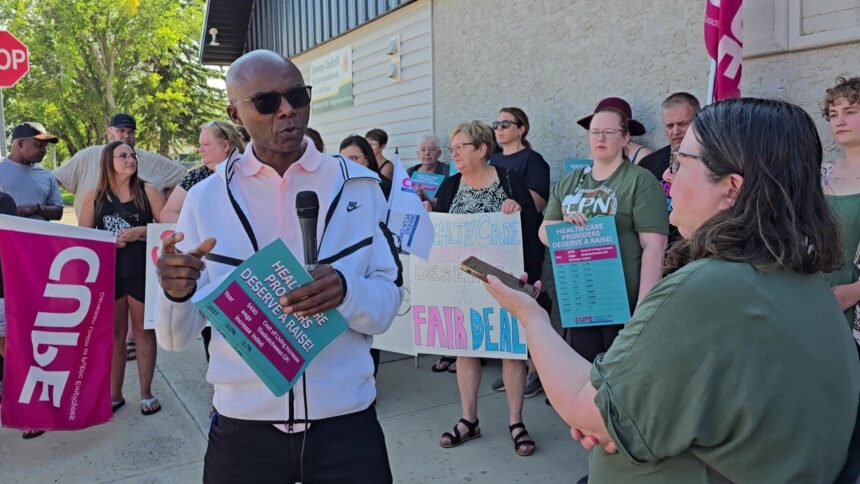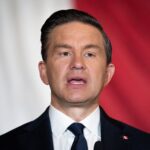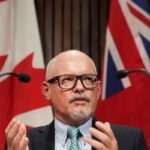In a powerful display of solidarity, hundreds of health care workers converged on North Battleford yesterday, their voices echoing through the city streets as they demanded fair compensation and improved working conditions. The demonstration, organized by the Canadian Union of Public Employees (CUPE), highlighted the growing frustration among Saskatchewan’s frontline medical staff who feel increasingly undervalued despite their essential role in the province’s healthcare system.
“We’re not just fighting for better wages—we’re fighting for the future of healthcare in Saskatchewan,” said Marion Pollock, a respiratory therapist with 15 years of experience. “When qualified professionals leave because they can earn significantly more in Alberta or Manitoba, patients ultimately suffer the consequences.”
The protest comes amid stalled contract negotiations between CUPE and the Saskatchewan Health Authority. Union representatives claim that health care workers in the province earn up to 30% less than their counterparts in neighboring provinces, creating a critical retention problem that threatens service delivery across the region.
Healthcare support staff, including cleaning personnel, dietary aides, and maintenance workers, form the backbone of Saskatchewan’s medical infrastructure. Yet many report working multiple jobs to make ends meet, a situation that CUPE President Sandra Mitchell describes as “untenable and disrespectful to those who keep our hospitals functioning.”
The Saskatchewan Health Authority has acknowledged the wage disparity but points to provincial budget constraints as a limiting factor in negotiations. “We value our healthcare workers immensely,” said SHA spokesperson James Henderson. “However, we must balance fair compensation with fiscal responsibility to taxpayers.”
For residents of North Battleford and surrounding communities, the labor dispute raises concerns about access to quality care. Local patient advocacy groups have expressed support for the workers’ demands, noting that staff shortages have already resulted in longer wait times and reduced services in some departments.
“When I started in healthcare 20 years ago, we were proud to work in Saskatchewan,” said Elaine Kowalchuk, a medical laboratory technologist at the rally. “Now we’re watching colleagues leave every month for better opportunities elsewhere. How can we maintain quality care when we’re constantly training new staff who leave shortly after?”
The provincial government has remained largely silent on the protests, though Health Minister Thomas Reid issued a brief statement indicating that “all parties are encouraged to continue good-faith negotiations toward a resolution that serves healthcare workers while respecting the province’s financial realities.”
As temperatures dropped in the late afternoon, protesters dispersed with a promise to return in greater numbers if their concerns remain unaddressed. Union leaders announced plans for similar demonstrations across the province in the coming weeks.
As Saskatchewan grapples with healthcare staffing challenges that mirror national trends, one question remains particularly pressing: can the province afford to maintain the status quo when the true cost may be measured not just in dollars, but in diminished care quality and lost institutional knowledge?























